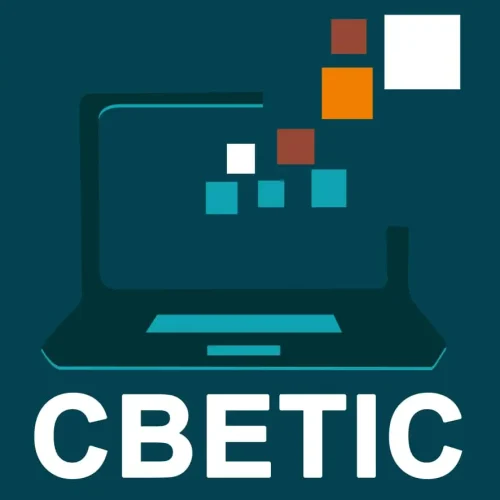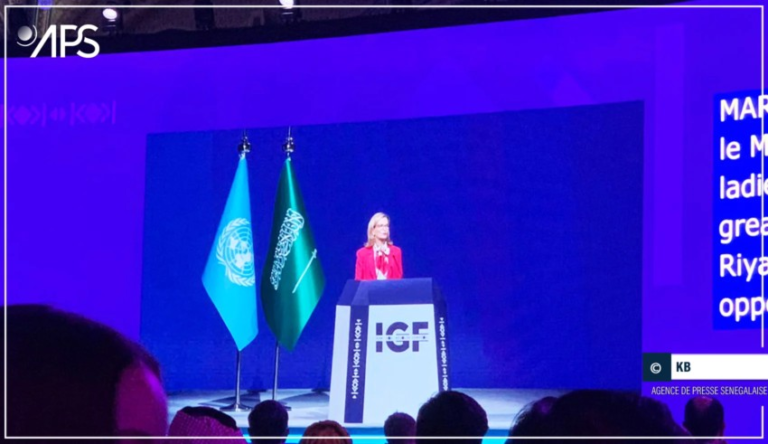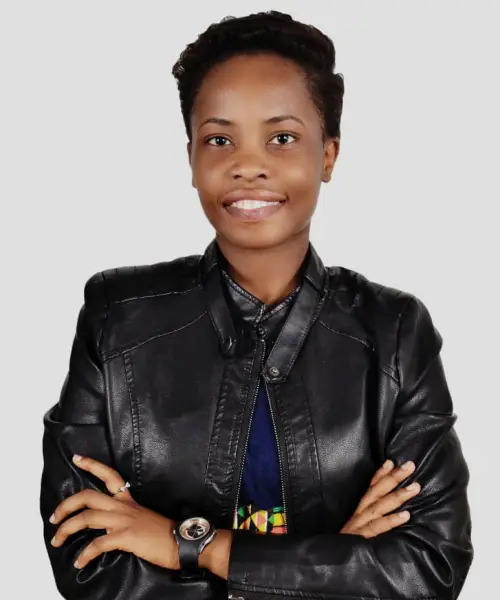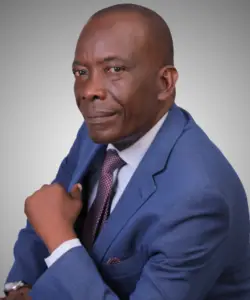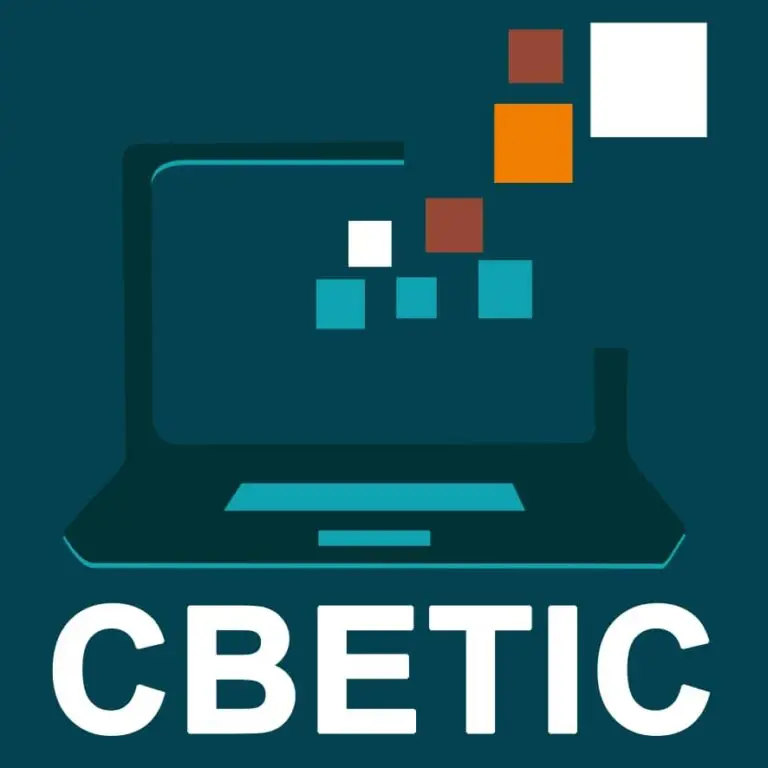The Kingdom of Saudi Arabia hosted the 19th Internet Governance Forum (IGF) from December 15 to 19 at the King Abdul-Aziz International conference Center in Riyadh. The IGF is the global body organized annually by the United Nations. The aim is to promote discussions on Internet development policies. The sharing of information and the search for solutions highlighted.
At the opening of this forum, the secretary general of the International telecommunication union, Ms. Doreen Bogdan-Martin asked the participants to focus on affordability; investment in infrastructure and digital inclusion. She informed that mobile Internet is 14 times more expensive in Africa than in Europe. In some countries, she said, the average cost of a smartphone can be as high as 40 per cent of average monthly income.
She urged investment in affordable digital infrastructure and services. This is the reason of the “Partner2connected” coalition: Mobilizing investment to connect the most hard-to-reach places in the world, Doreen Bogdan-Martin emphasized.
She asked the participants in this forum to focus also on the digital resilience of infrastructure and governance mechanisms. For her, digital infrastructure, including mobile networks, fiber optic networks, submarine cables, and satellite internet has been vital in helping more people than ever to connect.
However, despite everything, she said, the difficulties continue to worsen. She cited the case of cyberattacks, which are increasing by 80 percent per year. In 2023, she said, more than 200 submarine cables were damaged worldwide. As the climate crisis deepens, nature and natural disasters are increasingly affecting physical infrastructure. This is why the forum must discuss on the issue of resilience from the perspective of coverage, redundancy, security and robustness.
Finally, the secretary of the International telecommunication union, Doreen Bogdan-Martin, urged the forum to focus also on digital inclusion. This requires bridging not one, but several digital divides between urban and rural communities, the elderly and the young, people with different abilities, genders, economic means and levels of education, she said, concluding her address.
